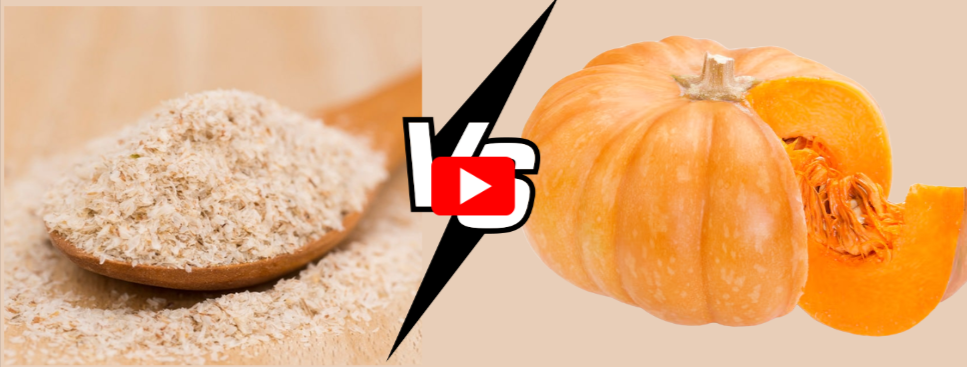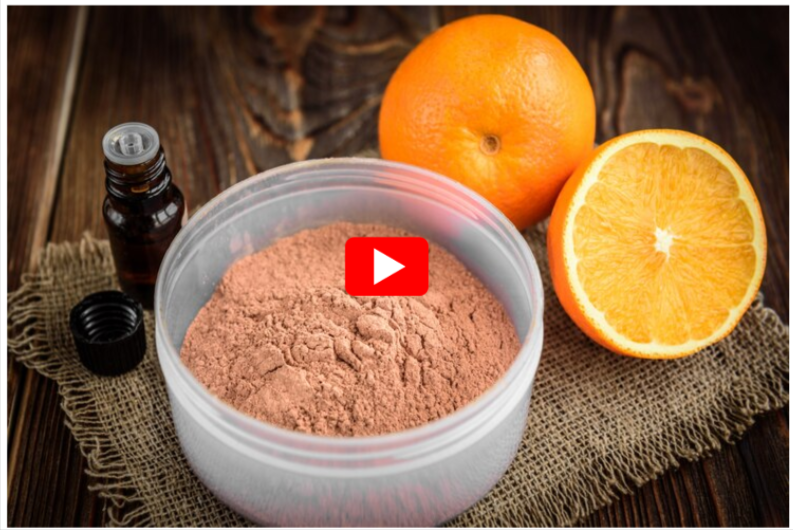Metamucil Vs. Pumpkin for Dogs: Best Fiber Remedy Compared
Dogs, like humans, can occasionally struggle with digestive issues such as constipation, diarrhea, or irregular bowel movements.
As pet owners, it’s our responsibility to find safe, effective, and dog-friendly remedies to support their gut health. Two of the most commonly discussed options are Metamucil and pumpkin.
While both are widely recommended for digestive problems, they function differently and offer unique benefits.
Both Metamucil and pumpkin aid dog digestion, but pumpkin offers natural fiber and nutrients, while Metamucil provides a concentrated fiber source.
In this comprehensive comparison, we’ll break down the pros and cons of Metamucil vs. pumpkin for dogs, their uses, safety, dosage guidelines, and how to decide which might be the right option for your furry friend.
Understanding Digestive Health in Dogs
Before diving into comparisons, it’s crucial to understand why fiber is essential for canine digestive health. Dogs, though primarily carnivores, benefit from dietary fiber for several reasons:
-
Promotes regular bowel movements
-
Adds bulk to stools, aiding with constipation and diarrhea
-
Supports gut microbiome health
-
Helps manage weight by promoting satiety
When a dog’s digestive system is off-balance, symptoms like constipation, diarrhea, flatulence, or bloating can occur. That’s where fiber sources like Metamucil and pumpkin come into play.
What Is Metamucil?
Metamucil is a popular over-the-counter fiber supplement made from psyllium husk, a soluble fiber derived from the seeds of the Plantago ovata plant. In humans, it’s used to manage constipation, diarrhea, and high cholesterol.
In dogs, Metamucil is sometimes recommended by veterinarians as a fiber supplement for similar digestive issues.
Key Benefits for Dogs:
-
Softens hard stools
-
Adds bulk to loose stools
-
Supports anal gland health
-
Assists dogs with chronic constipation
-
Helps regulate irregular bowel movements
How It Works:
Psyllium absorbs water in the intestine, forming a gel-like mass that can ease stool passage or firm up runny stools.
What Is Pumpkin for Dogs?
Pumpkin is a naturally fiber-rich, nutrient-dense food often hailed as a superfood for dogs. Both canned (plain, unsweetened) pumpkin and cooked fresh pumpkin are safe for dogs and beneficial for digestion.
Key Benefits for Dogs:
-
High in soluble and insoluble fiber
-
Naturally supports digestion
-
Helps regulate bowel movements
-
Rich in vitamins A, C, E, and potassium
-
Contains antioxidants beneficial for overall health
How It Works:
Pumpkin’s fiber content absorbs excess water in the digestive tract and firms up loose stools while adding moisture to dry, hard stools, making it useful for both constipation and diarrhea.
Metamucil Vs. Pumpkin for Dogs: Side-by-Side Comparison
| Feature | Metamucil | Pumpkin |
|---|---|---|
| Main Ingredient | Psyllium husk | Cooked or canned pumpkin |
| Fiber Type | Soluble | Soluble and insoluble |
| Additional Nutrients | None | Vitamins A, C, E, potassium, iron |
| Taste/Palatability | Mild, bland, may be unappealing to dogs | Sweet, generally well-loved by dogs |
| Preparation Required | Yes (mix with food/water) | Minimal (plain canned or cooked) |
| Uses for Dogs | Constipation, diarrhea, anal gland health | Constipation, diarrhea, digestive aid |
| Safe for Long-Term Use | With veterinary supervision | Yes, in moderation |
| Cost | Moderate | Low to moderate |
Which Is Better for Dog Constipation?
Metamucil is highly effective for dogs with chronic or severe constipation because of its potent soluble fiber content. However, it should be used cautiously and under a vet’s guidance, as too much psyllium can cause bloating or worsen constipation if not taken with sufficient water.
Pumpkin, being a natural, gentle fiber source, works well for mild to moderate constipation and is generally safe for most dogs. Its added vitamins also benefit overall health.
Which Is Better for Dog Diarrhea?
Both Metamucil and pumpkin can help manage diarrhea by absorbing excess water in the intestines.
Metamucil works quickly and effectively due to its high soluble fiber content, making it a go-to remedy for acute diarrhea episodes.
Pumpkin also helps firm up stools naturally and is well-tolerated, making it suitable for dogs with sensitive stomachs.
Metamucil Dosage for Dogs
Metamucil dosage depends on your dog’s size and condition. For small dogs, a typical dosage is ½ teaspoon per meal.
Medium-sized dogs may receive 1 teaspoon per meal, while larger dogs can handle 1½ teaspoons per meal. It’s crucial to always mix Metamucil with water or wet food to prevent choking.
Additionally, ensure your dog has access to plenty of fresh water, as psyllium husk absorbs a significant amount of liquid in the intestines.
Pumpkin Dosage for Dogs
The dosage for pumpkin also varies based on your dog’s size. Small dogs typically need 1 to 2 teaspoons per meal, while medium dogs can be given 1 to 2 tablespoons per meal.
Larger dogs may benefit from 2 to 4 tablespoons per meal. It’s essential to use plain, unsweetened canned pumpkin or cooked, mashed pumpkin.
Avoid pumpkin pie filling, as it often contains sugars, spices, and additives harmful to dogs.
Safety Considerations: Metamucil
While Metamucil is generally safe for canine use, it should only be given under a vet’s guidance. Large doses can cause bloating, cramping, or worsen constipation if the dog doesn’t drink enough water.
It’s also not recommended for dogs with certain medical conditions, including megaesophagus, intestinal obstructions, or severe dehydration. Metamucil should never be given dry and must be mixed thoroughly into moist food or water.
Safety Considerations: Pumpkin
Pumpkin is considered one of the safest natural remedies for dog digestive issues. However, moderation is key.
Excessive pumpkin can lead to diarrhea or vitamin A toxicity if consumed in very large amounts over extended periods.
It’s best to introduce pumpkin gradually into your dog’s diet and monitor for any adverse reactions. Always opt for fresh, cooked pumpkin or plain canned pumpkin without added ingredients.
Taste & Palatability
Most dogs enjoy pumpkin’s naturally sweet, mild flavor. Metamucil, being bland and textureless, might be less appealing, requiring it to be mixed thoroughly with wet food, broth, or a small amount of peanut butter.
Pro Tip: Freeze small pumpkin portions in silicone molds as treats or meal toppers.
Conclusion
If you’re looking for a gentle, natural digestive aid with added health benefits, pumpkin is typically the better choice for everyday use.
It’s safe, well-tolerated, and nutrient-rich. If your dog suffers from severe, chronic, or acute digestive problems, especially constipation or diarrhea, and you need a stronger remedy, Metamucil is effective but should be used with veterinary supervision.
In many cases, starting with pumpkin and consulting your vet if symptoms persist is a wise, pet-friendly strategy.
References Link
- Metamucil
https://my.clevelandclinic.org/health/drugs/18281-psyllium-capsules
- Pumpkin
https://en.wikipedia.org/wiki/Pumpkin
- Metamucil For Dog
https://iloveveterinary.com/blog/metamucil-for-dogs-dosage-safety-and-more/
- Psyllium For Dogs
https://dogtime.com/dog-health/88706-psyllium-dogs-uses-dosage-side-effects
.




